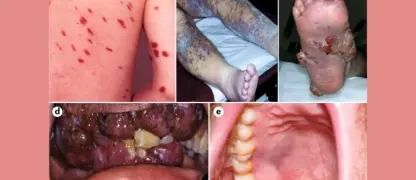Rubella (German Measles) is a contagious viral infection that affects children and adults. Understanding its symptoms, risks, and prevention is essential to protect yourself and your family.
What are the main causes of Rubella (German Measles)?
- Rubella (German Measles) is primarily caused by the rubella virus, which spreads easily through airborne respiratory droplets from infected individuals.
- Close contact with an infected person, especially in crowded places, significantly increases the risk of contracting rubella.
- Pregnant women infected with rubella can transmit the virus to the unborn child, leading to serious complications like congenital rubella syndrome.
Key symptoms of Rubella (German Measles) to watch for
- A distinctive red rash that usually starts on the face and spreads to the rest of the body is a hallmark symptom of rubella.
- Mild fever accompanied by fatigue, headache, and general discomfort commonly occurs during the early stages of infection.
- Swollen lymph nodes, especially behind the ears and neck, are frequent signs that indicate the body is fighting the virus
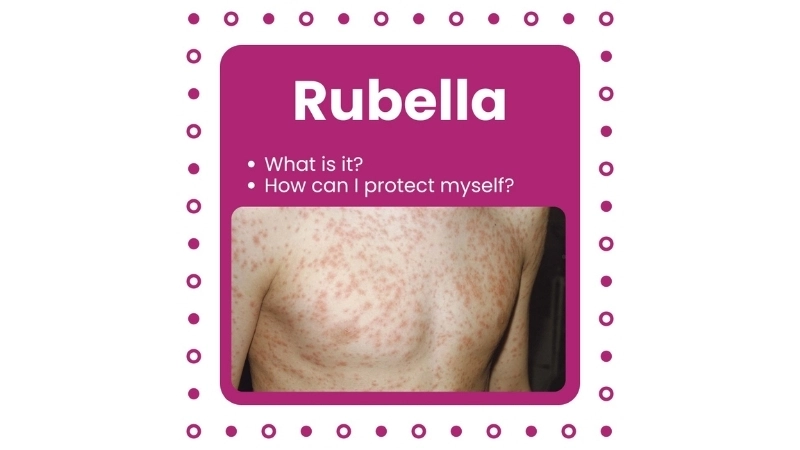
>>>Refer to more: Measles (Rubeola) symptoms causes and prevention tips
How can you prevent Rubella (German Measles) effectively?
- Vaccination with the MMR (measles, mumps, rubella) vaccine is the most effective method to prevent rubella infection.
- Practicing good hygiene, including frequent handwashing and covering your mouth when coughing, reduces the risk of transmission.
- Avoiding close contact with individuals showing rubella symptoms, particularly in public or crowded areas, helps limit exposure.
>>>Refer to more: Understanding human T-lymphotropic virus (HTLV) infection
Image description of Rubella (German Measles)
Rubella (German Measles) is a contagious viral infection characterized by a red rash, mild fever, and swollen lymph nodes. It spreads through respiratory droplets and is preventable by vaccination.

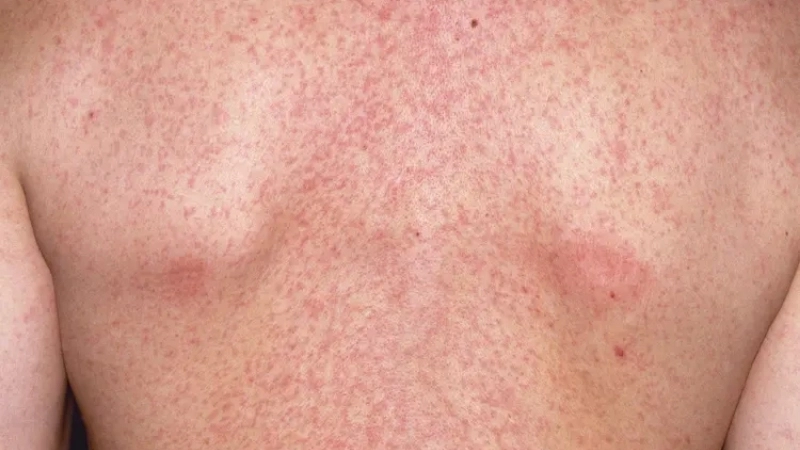
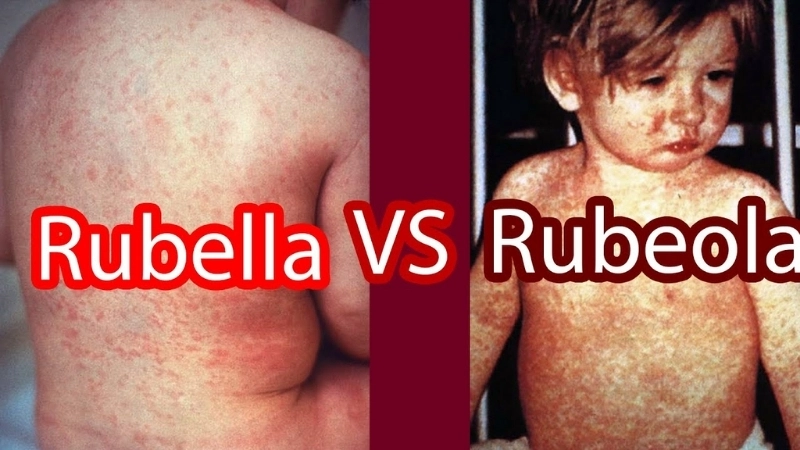
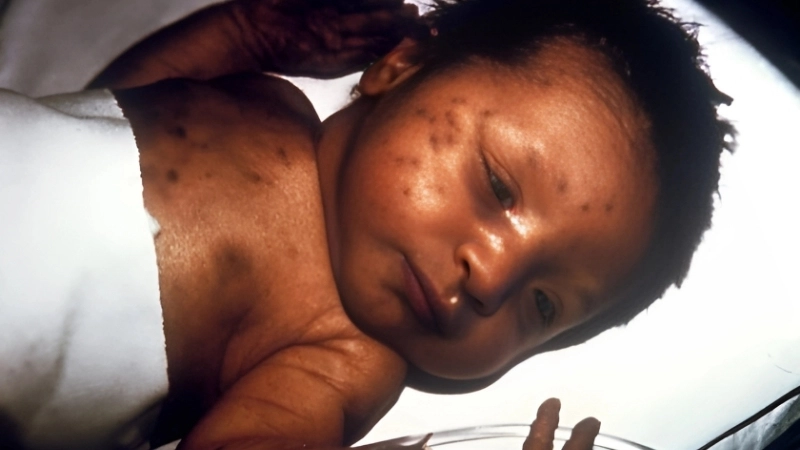
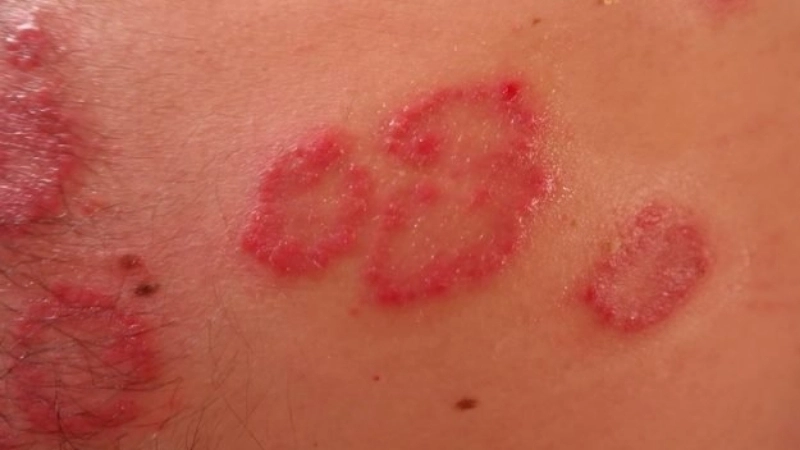

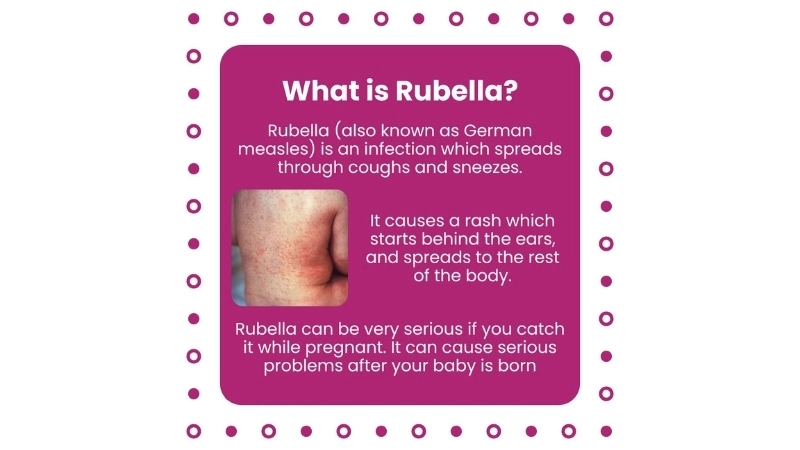
>>>Refer to more: Understanding hepatitis D causes symptoms and treatment
Being informed about Rubella (German Measles) helps you recognize early symptoms, take preventive measures, and ensure your family stays safe and healthy. Vaccination remains the best protection.




